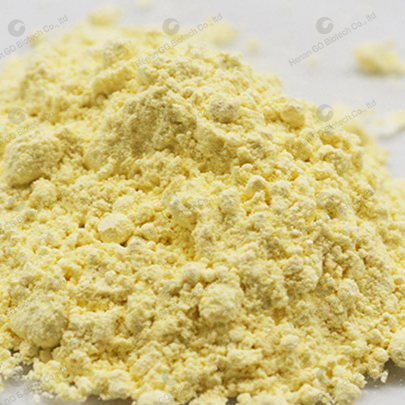Coagulants play a crucial role in improving water quality, essential for both human consumption and ecological balance. By promoting the aggregation of suspended particles, these substances enhance the efficiency of water treatment processes, reducing the reliance on expensive and energy-consuming filtration systems.
.jpg)
The use of coagulants such as polyacrylamide not only facilitates cleaner water but also ensures the surrounding ecosystems remain healthy. Through effective pollution control, coagulants support biodiversity and help maintain water cycles, making them indispensable in environmental conservation efforts.

Implementing coagulants in water treatment systems aligns with global sustainability goals. These practices not only reduce environmental impact but also promote resource efficiency, contributing to long-term ecological balance. With the increasing pressures on our water systems, it is vital to adopt such innovative solutions.

In summary, coagulants are essential for effective water treatment, providing significant environmental and sustainability benefits. As industries strive for greener solutions, investing in coagulant technologies will pave the way for a more sustainable and healthier planet.
